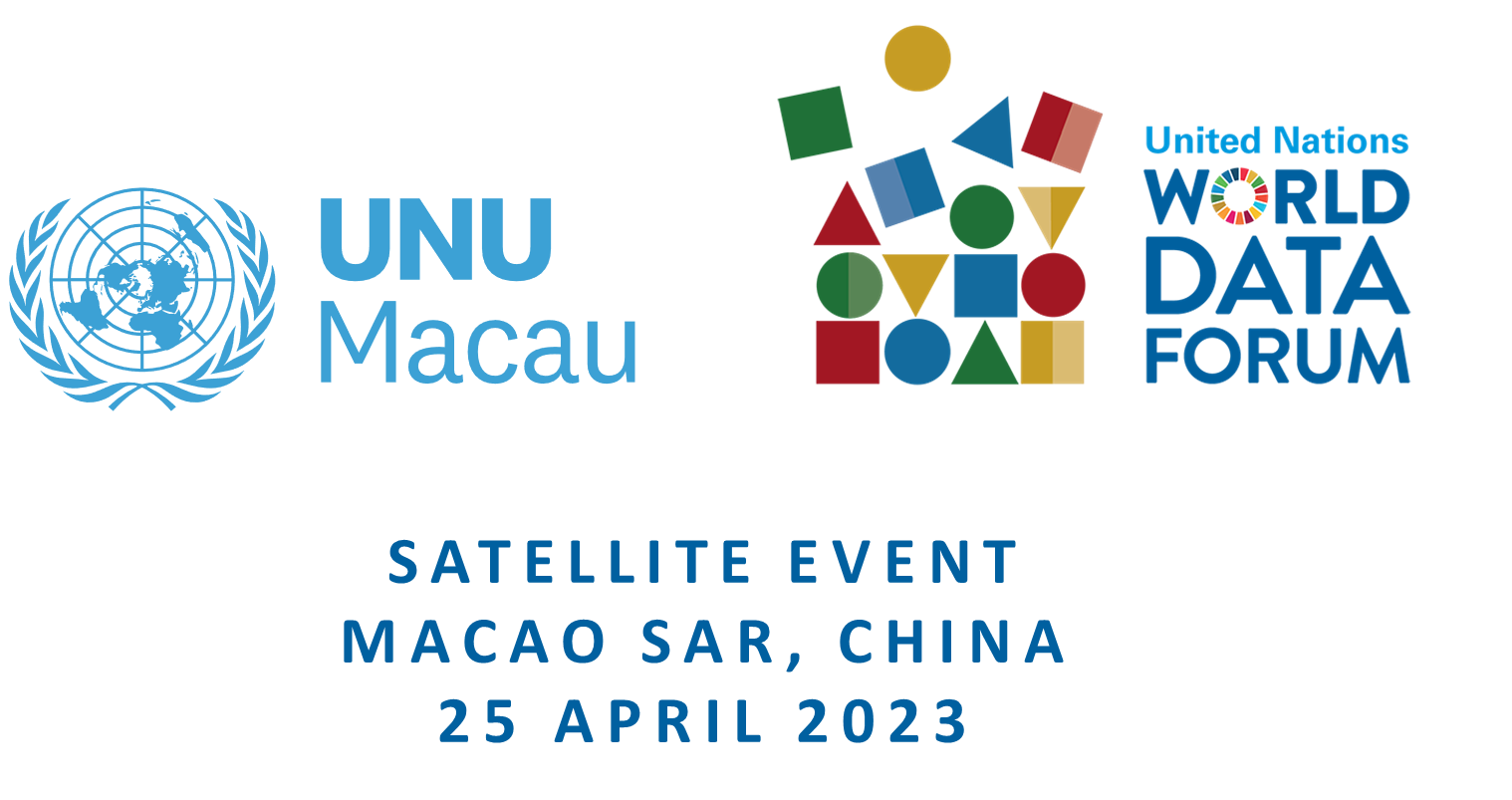
In the opening plenary session, United Nations University’s Rector and Under-Secretary-General of the United Nations, Professor Tshilidzi Marwala, presented a keynote speech. He said: “We are in midst of an age of accelerating technological development, marked by rapid advancements in big data, digitalization, and artificial intelligence (AI). These changes offer incredible opportunities, but also risks that must be addressed.” “The potential of data, digital technologies and AI to improve our lives, and achieve sustainable development, is tremendous. As these technologies continue to grow in sophistication and use, it is up to us as global citizens to take the necessary steps to ensure that these technologies are used to create opportunities, not harm”, Prof. Marwala added.


Mr. Walter Gehr, from the Austrian Ministry of Foreign Affairs, presented a keynote speech about digital humanism. He said digital humanism is “understood as the pursuit of supporting people through digital technologies, especially in artificial intelligence, and of protecting people from adverse effects of these technologies”. “It is a response to fears among citizens of the harms of technology”, he added. “Digital humanism provides us with a framework to navigate digitalisation towards the human-centred approach”, he said.


As UNU Macau’s Senior Research Advisor Mr. Franz Gatzweiler said in the opening plenary session, “data and digital technologies have helped us to connect to one another better, exchange goods and services faster, access information and knowledge easier, reduced costs, and thereby they helped many to escape poverty and to be included in the economy and society”, but “they have also brought us many dilemmas”. “As networks scale, the pace of life speeds up and while that is an advantage for many who can keep up, many others are being excluded, marginalised and left behind. The speed of change has also created inequalities. That is not just the problem of those who cannot keep up – it is our common problem”, he said. “At UNU Macau, we think that a human-centred systems approach to data and digital technologies will help us address those dilemmas. What that approach means exactly still needs to be defined by us all. And we need to translate our knowledge faster into global collective action”, Mr. Gatzweiler added.


A variety of issues on data dilemmas was discussed throughout the day in 12 parallel sessions. UNU Macau’s Senior Researcher Ms Jaimee Stuart chaired a parallel session on cyber-psychological implications in data and health; University of Macau’s Professor Mr. Rostam J. Neuwirth chaired a parallel session aimed at discussing regulatory dilemmas involving digital technologies; Mr Francis Crawley, chairman of CODATA’s International Data Policy Committee, chaired a parallel session that looked at data policy for addressing data dilemmas in crisis situations; University of Saint Joseph’s Assistant Professor Mr. Denis Zuev chaired a parallel session on the topic “Datafied Macao: seeing the city with algorithms”; University of Macau’s Associate Professor Mr. Derek F. Wong chaired a parallel session on challenges and opportunities of artificial intelligence applications; Mr. Akio Takemoto, Programme Head of United Nations University Institute for the Advanced Study of Sustainability (UNU-IAS), chaired a parallel session aimed at discussing data dilemmas in public services, communication and GIS; UNU Macau’s Researcher Ms. Cara Antonaccio chaired a parallel session on data, digital technologies and human-centred design for decision-making; UNU Macau’s Head of Research, Mr. Serge Stinckwich, co-chaired a session with Macao Polytechnic University’s Lecturer Mr. Patrick Pang, on building trust by computational collective intelligence; University of Saint Joseph’s Dean of School of Business and Law, Ms. Jenny Phillips, and Assistant Professor Mr. Denis Zuev co-chaired a parallel session promoting digital entrepreneur dialogue; University of Macau’s Professors Mr. Jerome Yen and Mr. Tianji Cai co-chaired a parallel session on cross boarder data transfer; UNU Macau’s Researcher Ms Min Yang chaired a parallel session aimed at addressing gender data gaps for a sustainable future; and Ms Jane Wu, from Venture Cup, Shanghai, shared a parallel session focusing on data, youth and young scientists.



















“We want to amplify the good of data and also mitigate the risks”, UNU Macau’s Director Ms Jingbo Huang said in her opening remarks. According to Ms Huang, the event gathered a total of 90 speakers, 40 percent of which from Macao, 35 percent from the Greater Bay Area and other places in Mainland China, and the rest from outside China.





UNU Macau’s 2023 World Data Forum Macau Satellite Event was followed by a dinner marking the institute’s 30th anniversary. The occasion served as an opportunity for UNU Macau to thank the host governments, as well as the Macau community, for their important support in the past three decades.






